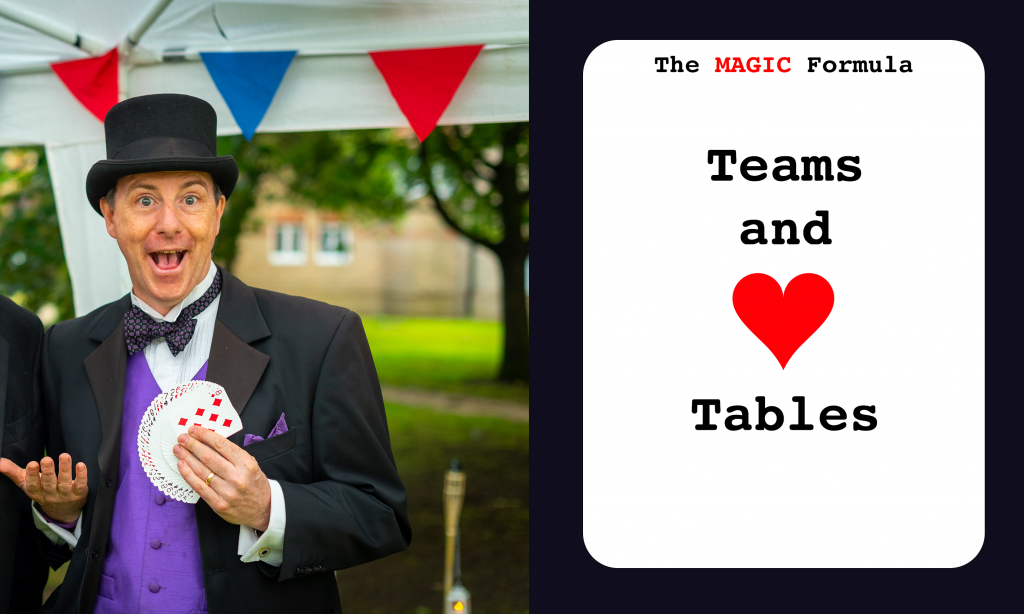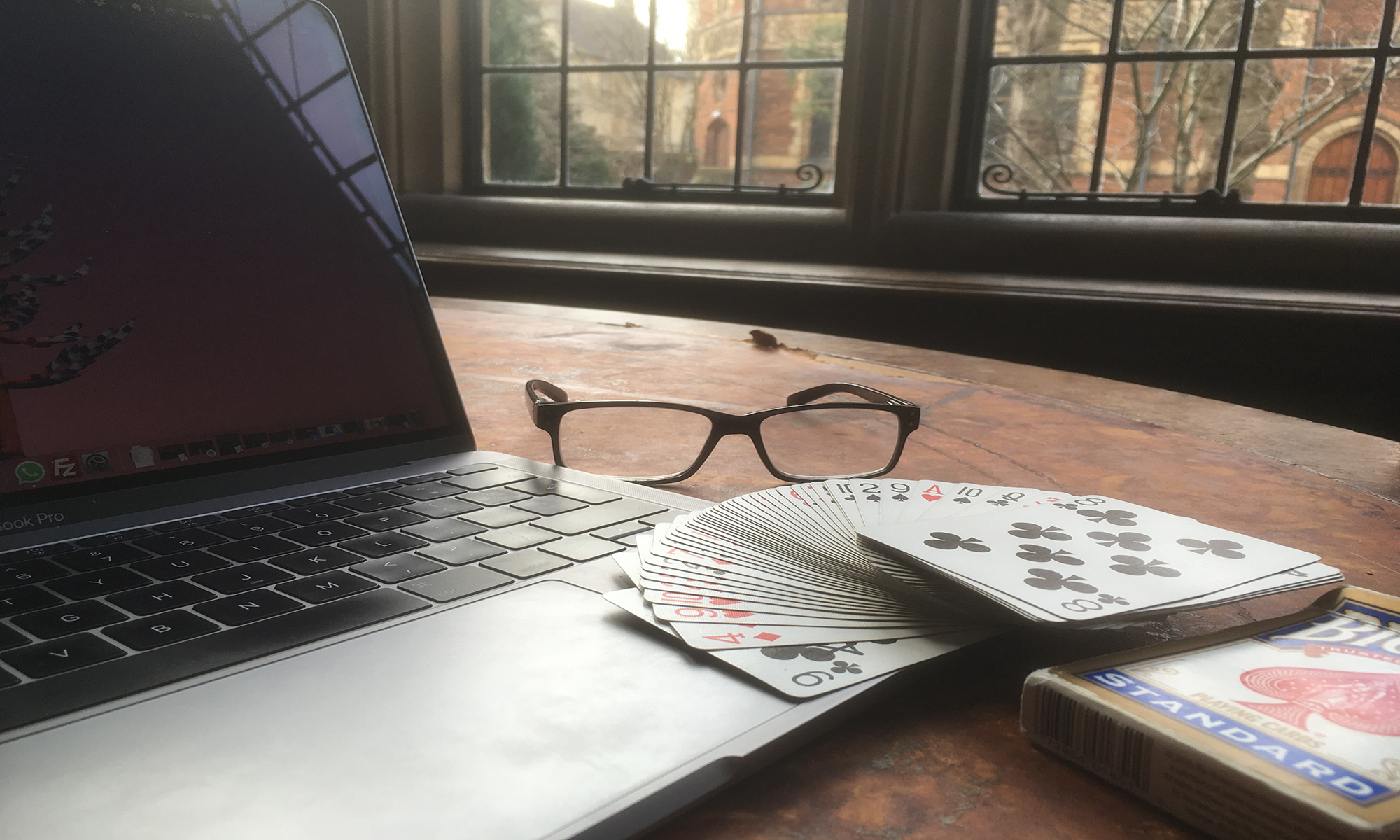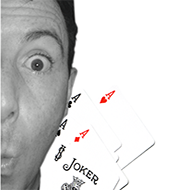
The MAGIC formula:
Moving
Attuning
Giving
Inspiring
Connecting
—
I have been working as a close-up magician for the last 25 years. I have entertained at thousands of events – hundreds of tables at weddings, corporate parties and significant birthdays.
At the same time, in the other half of my life, I have led and been a member of several teams. Recently, I have been interviewing many other team leaders about their experiences and challenges. Many thanks if you are one of them!
I have observed that many of the challenges facing a close-up magician approaching a table of guests are very similar to those facing team leaders. I have also realised that the MAGIC formula may be applied in both situations.
—
We have been around our imaginary wedding table and met all the characters. We have seen each personality’s unique challenges and how a magician might react in each case.
In these few posts, I make some general observations from working with the table as a whole to gain some valuable insights for team leaders.
—
Delightful Differences
As I travel around performing magic in myriad different settings, I am reminded again and again about humanity’s beautiful diversity. No two people are the same. Outward physical characteristics are easy to spot, but people are so different on the inside, too.
The more we can remember that everyone is different and the less we make assumptions about them, the less we will run into problems and become stressed out about their reactions or approaches. This applies to a magic audience; it also applies to your team members.
No Devices in Devizes
I usually perform relatively close to London and Oxford. My typical audience is pretty tech-savvy, and I now assume this as a given. A couple of weeks ago, I got a gig in rural Wiltshire, a little further from home than normal. A card trick I have recently developed revolves around the idea of contactless payments using your phone. It involves jokes about how we don’t use cash anymore. My regular clientele lap this up; it feeds right into their everyday experience.
Not so with my farming audience in Wiltshire! Very few of them used their phones to pay for anything. Cash was still very much king in their culture. I had made an assumption that meant my jokes didn’t land. I very quickly had to adapt my new trick to make it work.
Shuffled Lives
When I trained as a coach, we learned how everyone has their own “map of the world”. You understand the world differently to me and to everyone else. Our maps have been constructed over time through our unique relationships, education and experiences, and no two will be the same.
When you shuffle a pack of cards, there will never be a pack in exactly the same order ever again. The number of possible combinations of 52 cards is 52! (52x51x49x48…down to x1), a huge number- roughly 8 with 67 zeroes after it! We have each had many more than 52 influences in our life, so you can see that no two people will turn out with the same view of the world.
Maps and Cultures
Similarly, our personalities are all different. We have all found varying ways of coping with life, and that is OK. That is the fundamental lesson that I take from the Enneagram. Similar insights can be gained from MBTI and other personality profiling techniques. These type indicators also reveal that we react differently in different contexts, sometimes even appearing to have changed personalities!
And lastly, people have different cultural backgrounds. Some will be very obviously different to yours; others may appear similar. When we think we are similar to someone, we might be more likely to trip up. I have already shared my Wiltshire example. Looking more internationally, George Bernard Shaw is reputed to have said, “The United States and Great Britain are two countries separated by a common language.” We look and sound similar, yet we can be very different.
Teaming with Variety
Think about your team members. How are they different to you? Are you making assumptions that they will or should react or think the same way as you? What about their values? Are they aligned with or different to yours? Is it possible for your team members to recognise and respect their differences and yet sign up to a shared set of values?
Is it time to do some work on this?
You have a choice: you can pretend everyone is like you and be constantly stressed out, or you can celebrate differences and be continuously surprised and delighted.
Which will you choose?
—
Help Please!
I am writing a book about using The MAGIC Formula to manage yourself, particularly if you work from home.
If you are a freelancer, self-employed, or work from home in another capacity, I would love to talk to you.If you would like to help, please get in touch:
https://www.work-life-magic.com/contact/

